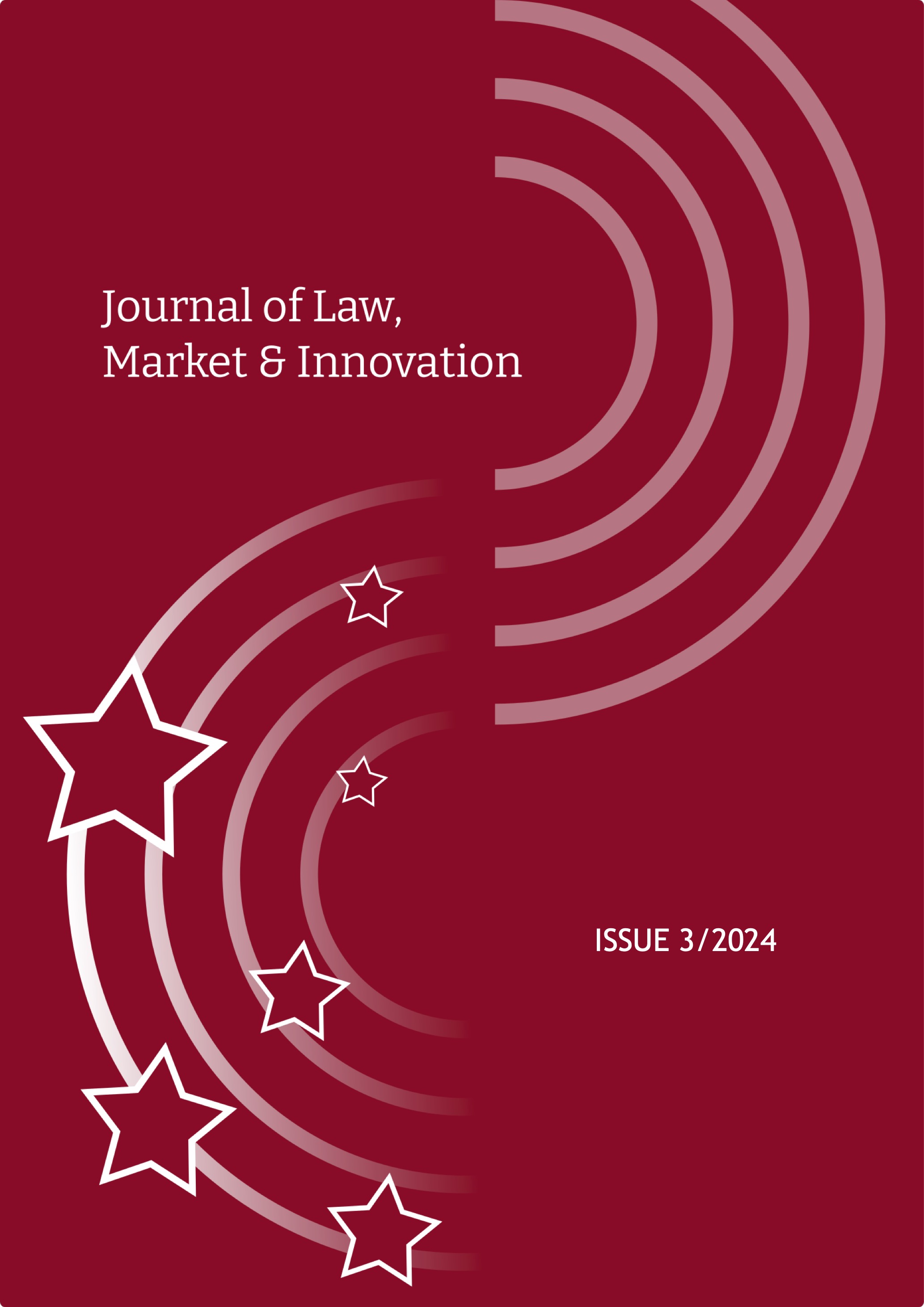Beyond traditional contracts: the legal recognition and challenges of smart contracts in Malaysia and Singapore
DOI:
https://doi.org/10.13135/2785-7867/11334Keywords:
Blockchain, Smart contracts, Digital assets, Legal uncertainties, Common lawAbstract
The dawn of blockchain technology and smart contracts has instigated a transformative shift in digital transactions, challenging and expanding legal boundaries in both Malaysia and Singapore. This paper examines how these common law jurisdictions have adapted to these challenges, integrating traditional legal frameworks with the distinct characteristics of blockchain, such as automation, decentralisation, and cost efficiency. Through an analysis of key legal cases, the study demonstrates the adaptability of common law in responding to technological innovations. A key focus is placed on the application of smart contracts in sectors such as Islamic finance, where both common law and Sharia law coexist. Malaysia and Singapore offer unique examples of legal pluralism, having successfully harmonised these legal systems even before the advent of smart contracts. The integration of smart contracts into these frameworks showcases the ability of these jurisdictions to balance innovation with tradition, effectively governing both conventional and digital transactions. However, the paper identifies significant legal uncertainties, particularly concerning the enforceability of smart contracts, mechanisms for dispute resolution, and the integration of digital assets into existing legal norms. Rather than advocating comprehensive reforms, the paper suggests targeted regulatory updates and strategic legal guidelines to address these issues. By adopting this approach, Malaysia and Singapore can strengthen their legal systems to fully harness the potential of blockchain and smart contracts. Through comparative analysis and empirical case law, the study highlights how these jurisdictions can remain at the forefront of legal and technological innovation in Southeast Asia.




 EJIF has been approved for inclusion in
EJIF has been approved for inclusion in  The Journal of Law, Market & Innovation is indexed in
The Journal of Law, Market & Innovation is indexed in  The Journal of Law, Market & Innovation is indexed in
The Journal of Law, Market & Innovation is indexed in  The Journal of Law, Market & Innovation is indexed in
The Journal of Law, Market & Innovation is indexed in  The Journal of Law, Market & Innovation is indexed in
The Journal of Law, Market & Innovation is indexed in  The JLMI is classified as a "Class A" journal for Law (Area 12) by the Italian
The JLMI is classified as a "Class A" journal for Law (Area 12) by the Italian 
